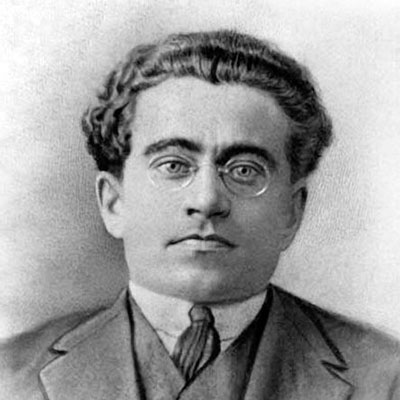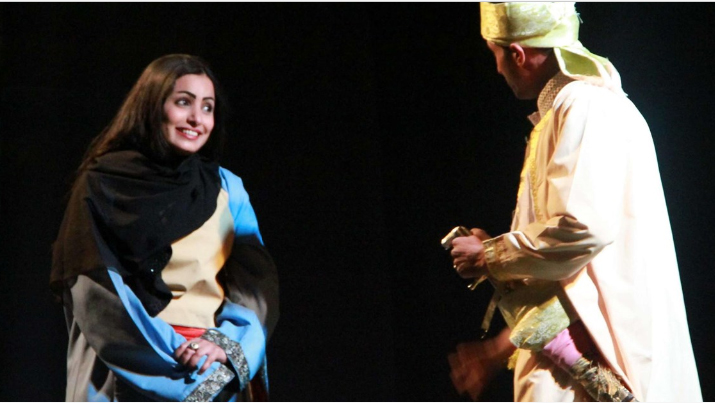Antonio Gramsci’s Anti-colonial Imagination podcast
Dr Thomas Langley (King's College London) makes a case for reading Antonio Gramsci as an anti-colonial writer. By turning to some of Gramsci’s lesser-known pre-prison writings we can trace lines of continuity that underline the centrality of questions of colonial and imperial power in his work, and foreground the ways in which his writing is characterised by a consistent attempt to locate Italy as a terrain of struggle in relation to broader contours of colonial exploitation and anti-colonial resistance.





